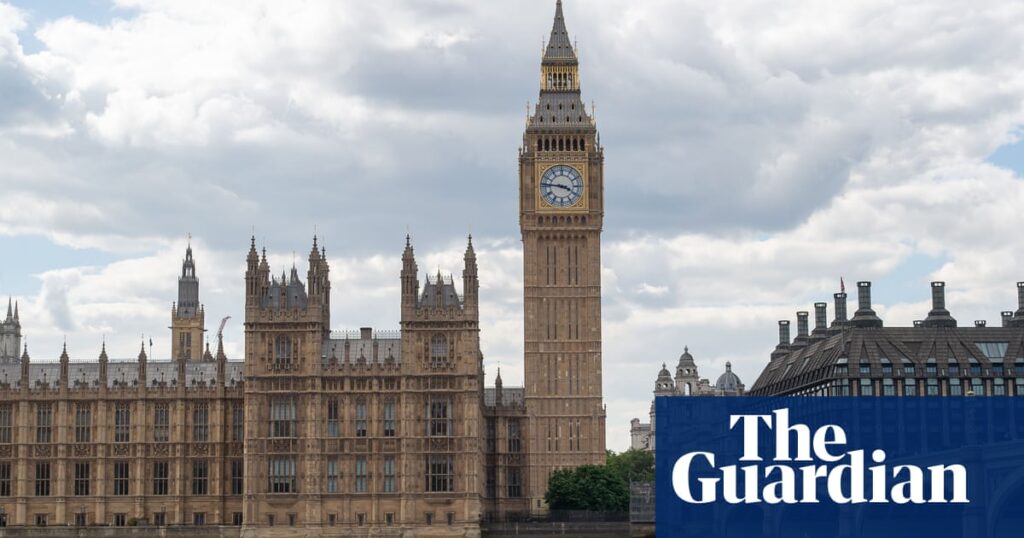
Political parties are on their way to handing over responsibility for examining allegations of bullying, harassment and sexual misconduct by MPs to Parliament’s independent investigator.
A parliamentary committee is preparing to approve proposals to refer complaints of misconduct by MPs to the Independent Complaints and Grievances System (ICGS), rather than allowing political parties to deal with them.
Sources on the Modernization Committee, which is examining reforms to parliamentary procedures and standards, told the Guardian they support the change. Unlike select committees, MPs are appointed to the Modernization Committee by members of their party.
Under the proposal, political parties would defer any complaints of bullying, harassment and sexual misconduct against MPs to the ICGS, which was set up in 2019 after the #MeToo movement rocked Westminster.
Supporters hope it will standardize the complaints system and boost confidence after a series of misconduct scandals involving Labor and Conservative MPs in the past few years.
ICGS deals with cases of alleged bullying, harassment or sexual misconduct in parliamentary buildings, in constituency offices or while carrying out parliamentary work.
Lucy Powell, the House of Commons leader who chairs the committee, signaled her support for the proposal in a speech to the Institute for Government last May. in Her note Published by the committee in September, Powell said one of the committee’s priorities should be to “join with all relevant actors, including political parties, to ensure members and everyone accessing Parliament feel safe and supported”.
“Paul Kernaghan’s recommendation that complaints to political parties should be included within the scope of the ICGS is a prime example of how such accession can be achieved,” she wrote.
When it came to misconduct by MPs, internal party complaints systems were “redundant and undesirable”, Kernaghan concluded in an ICC review in the spring. He noted “the glaring lack of confidence expressed by most advisers that the party’s disciplinary processes can achieve effective results, not least appropriate or timely results.”
He recommended that “an individual seeking to lodge a complaint with a political party whose allegations fall within the scope of the ICGS should be directed to the ICGS.”
He added that with the ICGS Director, the heads of each party should jointly agree and publish the steps they will take when they receive an allegation that falls within the scope of the ICGS.
A House of Commons spokesman said they could not provide ongoing comment on the work of the modernization committee.
The committee, which concluded its call for evidence on December 17, received hundreds of recommendations across a range of reform areas including MPs’ working hours and rules on second jobs. This evidence is expected to be published in mid-January.
The Parliamentary Staff Branch of the GMB union has called for the introduction of a centralized human resources system so that parliamentary researchers are not directly employed by their MPs.
“This is a very welcome step,” branch president Jenny Simons said of plans to give the ICGS greater reach. “Whether an incident occurs in Parliament, in an electoral office or in a social setting, victims must have ways to report and must be held to account.” Perpetrators Abuse of power is widespread in our working society and is not limited to within the walls of Westminster.
“At the GMB Union, we will continue to push for the strongest rights and maximum protections for MPs’ staff, including through campaigns to change our employment structure. In the meantime, strengthening and expanding operations like ICGS is vital to providing dignity and security at work.”





